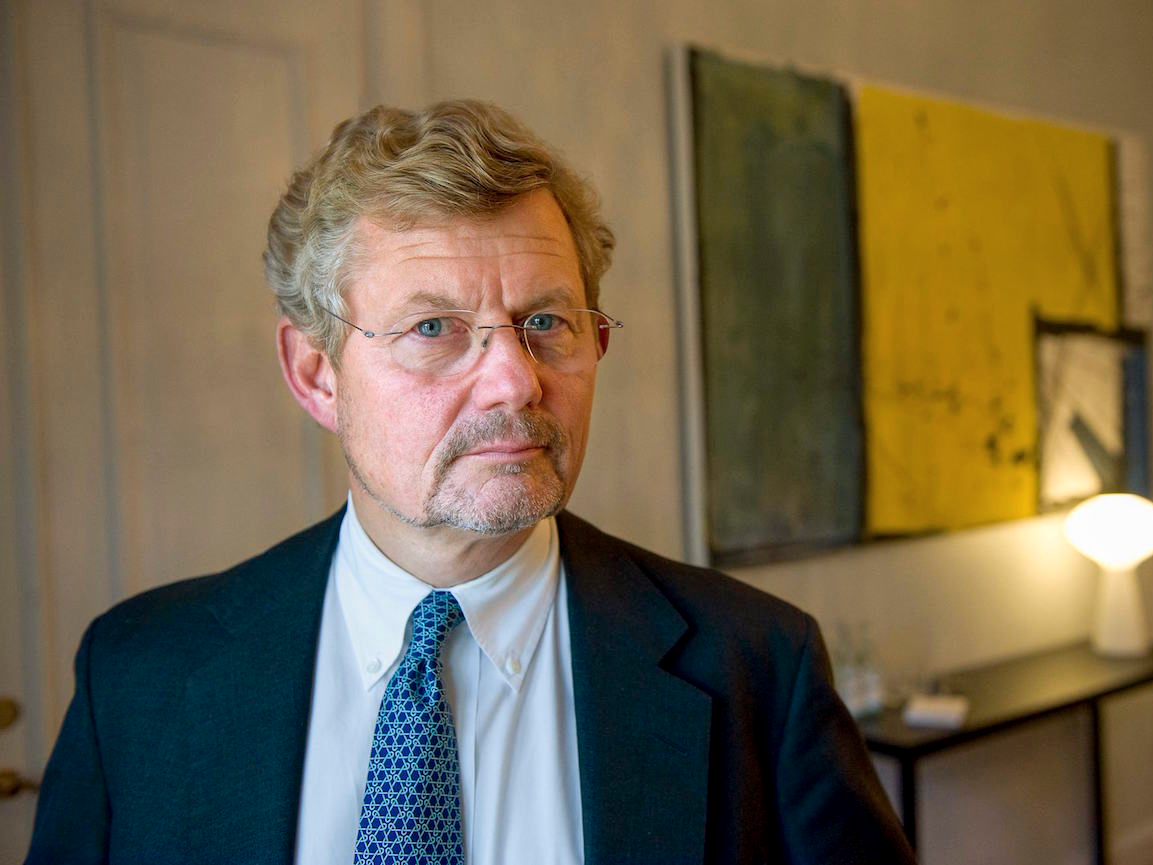One of Europe’s most influential businessmen questioned London’s future as a financial centre in the wake of Brexit and said the UK is no longer “first on the list” for new investments.
Swedish industrialist Jacob Wallenberg has a family foundation that hold massive stakes in some of the world’s largest companies, such as pharmaceutical giant AstraZeneca and reformed automaker and now defence group Saab, which generate around $130 billion (£102.9 billion) in revenue.
In an interview with the Financial Times, Wallenberg said that when Brits voted for a Brexit on June 23, it was “one of the worst days of my professional life.”
Here are some highlights from the FT interview:
On investing in expansion – “For those of us who have the liberty to wait a while, we will wait a while. For the time being there are so many outstanding questions that the UK is not the first country on the list for investments and this will remain for some time.”
Where London ranks on his investment list – “Am I, at this point in time, going to put new capacity in Britain? No.”
The future of London’s role in the financial markets – “For all of Europe, the axis London-Berlin-Paris is over. London has always been standing up for a libertarian view but is no longer at the table. It will be replaced by the axis Paris-Berlin, which has a very different view of economics. London is the centre of global financial markets, and that is being put into question. This is not in the interest of either the UK or Europe.”
The loss of passporting rights following Brexit is one of the biggest fear’s in the City of London. If the passport is taken away, then London could cease to be the most important financial centre in Europe, costing the UK thousands of jobs and billions in revenues.
Around 5,500 firms registered in the UK rely on the European Union's passporting rights for the financial services sector, and they turn over about £9 billion in revenue.

